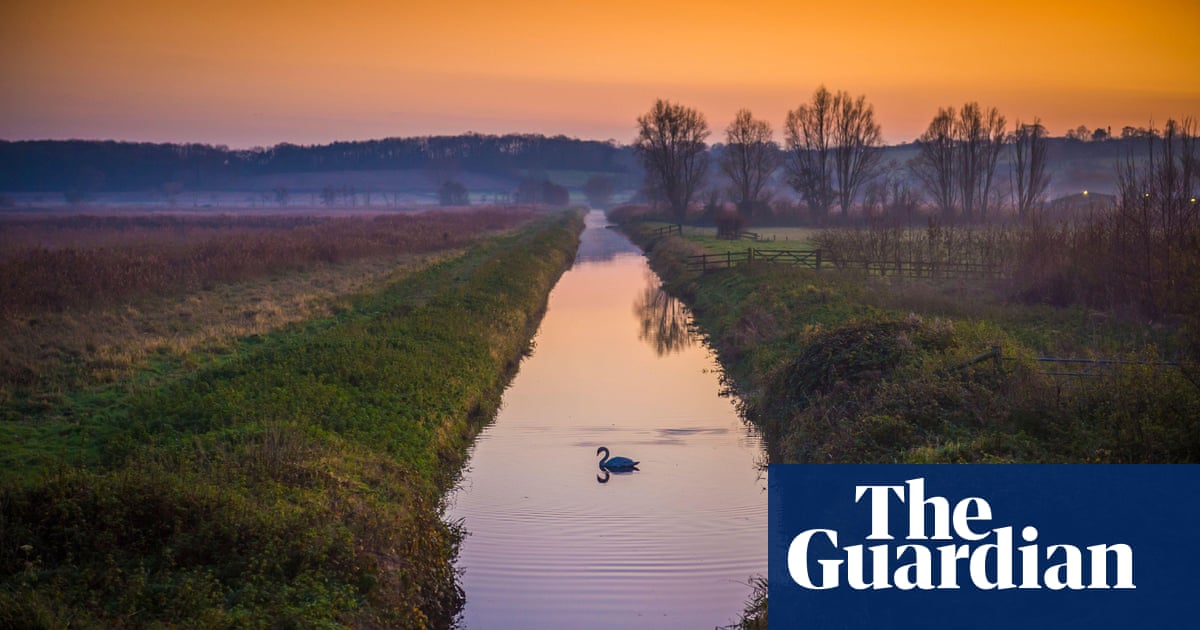
The UK is no longer a cold country, scientists have said, as climate breakdown means “previously impossible heatwaves are killing people”.
This week temperatures of 40C (104F) have been predicted for the first time by the Met Office, but climate models show these weather events are expected to become more common.
Climate scientists have called for the UK to quickly adapt to extreme heat or risk thousands of excess deaths.
This includes having a specific heat risk strategy drawn up by the government, updating housing stock and ensuring newbuilds can cool down in hot weather.
Bob Ward, the policy and communications director at LSE’s Grantham Institute, said: “The current prime minister has ignored repeated calls to create a national heat risk strategy that would engage all relevant government departments in tackling the growing threat from heatwaves.”
He hit out at commentators and MPs who have said those who fear heatwaves are “snowflakes”. Sir John Hayes, the chair of the Common Sense Group of Conservative MPs, said at the weekend that heat warnings were evidence of a “cowardly new world”, adding: “It is not surprising that in snowflake Britain the snowflakes are melting. Thankfully most of us are not snowflakes.”
Ward responded: “In the UK media in recent days, some have claimed that the increasing attention being paid to the dangers of heatwaves is a sign of a decline in British resilience. But such displays of callousness about hundreds of preventable deaths simply highlights the challenge we face in dealing with the growing risks from climate change.
“It is time for the UK to stop thinking of itself only as a cold country, where any bout of summer sunshine is celebrated as an opportunity for beach visits and ice-creams. Heatwaves are deadly extreme weather events that will grow worse for at least the next 30 years. We must adapt and do a better job of protecting ourselves, particularly those who are most vulnerable to hot weather.”
Scientists have urged governments to work quickly to phase out fossil fuels and reach net zero emissions in order to stop the situation becoming more deadly.
Dr Friederike Otto, a senior lecturer in climate science at the Grantham Institute, said: “Climate change is driving this heatwave, just as it is driving every heatwave now. Greenhouse gas emissions, from burning fossil fuels like coal, gas and oil, are making heatwaves hotter, longer lasting and more frequent. Heatwaves that used to be rare are now common; heatwaves that used to be impossible are now happening and killing people.
“Heatwaves will keep getting worse until greenhouse gas emissions are halted. The longer it takes the world to reach net zero emissions, the hotter and more dangerous heatwaves will get, and the more common and longer lasting they will be. The only way to stop heat records being broken time and again is to stop burning fossil fuels as quickly as possible.”
Dr Eunice Lo, a climate scientist at the University of Bristol Cabot Institute for the Environment, said: “The climate has warmed since 1976 significantly. We have a record going back to 1884 and the top 10 hottest years have all occurred since 2002.
“Previously unthinkable temperatures are now happening. This hasn’t happened before; it is unprecedented. There is no comparison to 1976 – that record has already been broken in 2019. There is a high chance of breaking this again in the next couple of days. By definition these are new extremes.”
Meteorologists have given the news of the scorching heat with dismay. “We hoped we wouldn’t get to this situation but for the first time ever we are forecasting greater than 40C in the UK,” said Dr Nikos Christidis, a climate attribution scientist at the Met Office.
He added: “Climate change has already influenced the likelihood of temperature extremes in the UK. The chances of seeing 40C days in the UK could be as much as 10 times more likely in the current climate than under a natural climate unaffected by human influence. The likelihood of exceeding 40C anywhere in the UK in a given year has also been rapidly increasing and, even with current pledges on emissions reductions, such extremes could be taking place every 15 years in the climate of 2100.”
It looks as if the threat of extreme heat will not be over this week. Prof Hannah Cloke, natural hazards researcher at the University of Reading, said: “From what I understand we will hopefully see temperatures dip back down in a couple of days, but there is a risk of temperatures shooting back up in a week or so, which for the UK and Europe is very concerning.
“There is a strong risk of further heatwaves across the world for the rest of the summer and we will be watching that very carefully.”












